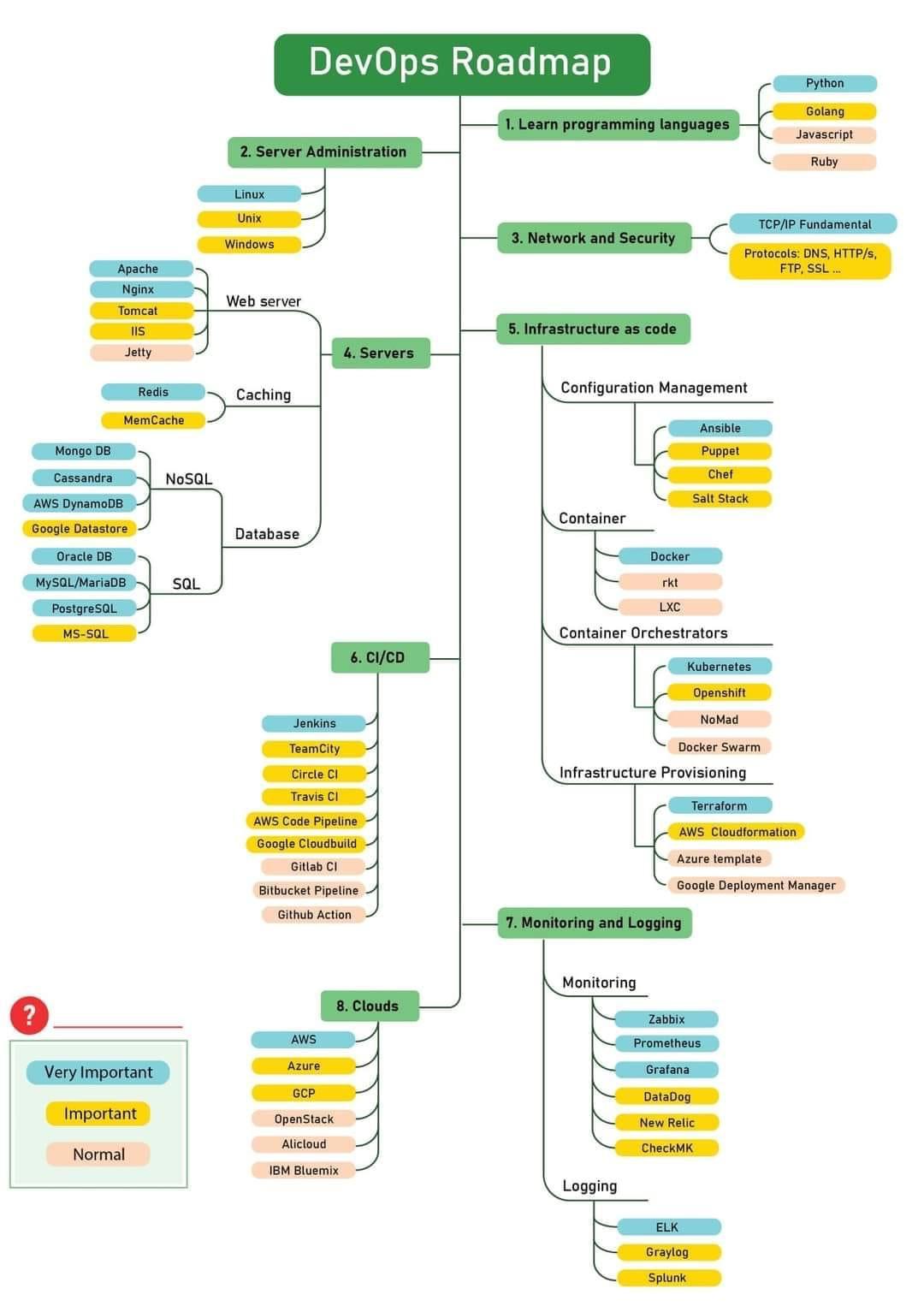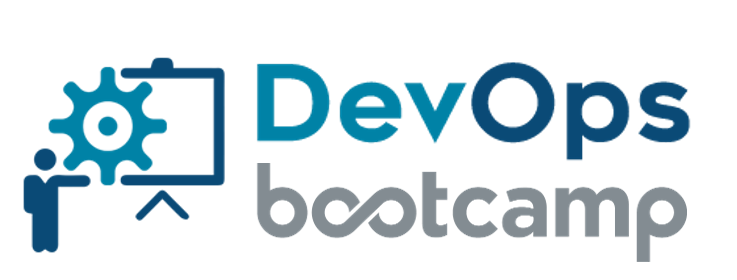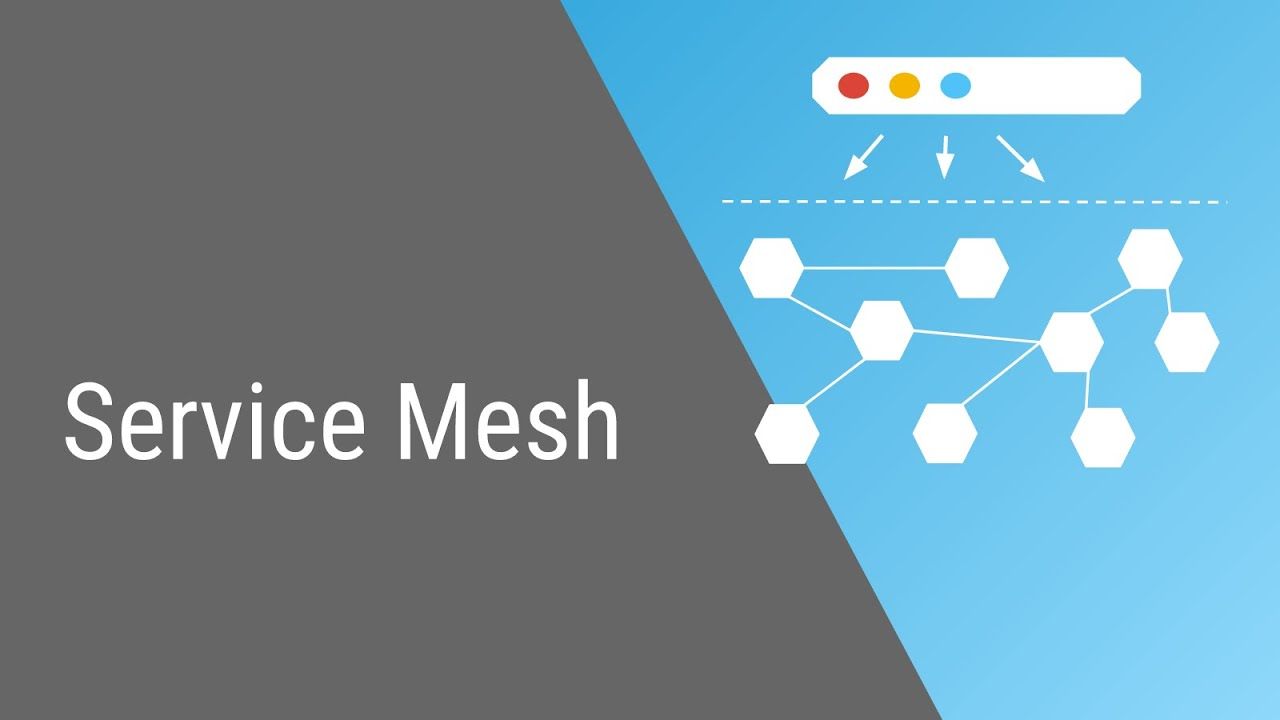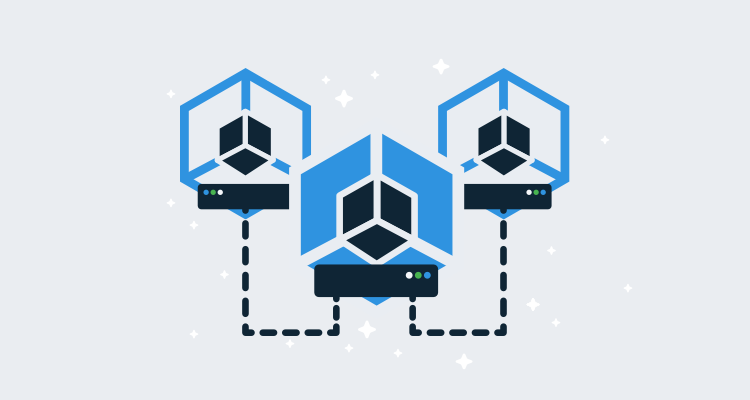
DevOps Roadmap - How to become a DevOps Engineer?
Learn what DevOps engineers do, the required skill set, and the advanced technologies DevOps engineers use to do their job effectively.
Why do we need DevOps?
Before learning how to become a DevOps engineer, it is important to gain familiarity with the DevOps concept. DevOps is not a way to get developers doing operational tasks so that you can get rid of the operations team and vice versa. Rather it is a way of working that encourages the Development and Operations teams to work together in a highly collaborative way towards the same goal. In nutshell, DevOps integrates developers and operations team to improve collaboration and productivity.
The main goal of DevOps is not only to increase the product’s quality to a greater extent but also to increase the collaboration of Dev and Ops team as well so that the workflow within the organization becomes smoother & efficient at the same time.

What is DevOps engineer?
DevOps Engineer has an end-to-end responsibility of the Application (Software) right from gathering the requirement to development, to testing, to infrastructure deployment, to application deployment and finally monitoring & gathering feedback from the end users, then again implementing the changes. These engineers spend more time researching new technologies that will improve efficiency and effectiveness.They Implement highly scalable applications and integrate infrastructure builds with application deployment processes.
What are the DevOps engineer responsabilities?
Let us spend some time in understanding the list of most important DevOps Engineers’ roles and responsibilities.
- The first and foremost critical role of a DevOps Engineer is to be an effective communicator i.e Soft Skills. A DevOps Engineer is required to be a bridge between the silos and bring different teams together to work towards a common goal. Hence, you can think of DevOps Engineers as “IT Project Managers”. They typically work on a DevOps team with other professionals in a similar role, each managing their own piece of the infrastructure puzzle.
- The second critical role of DevOps Engineer is to be Expert Collaborators. This is because their role requires them to build upon the work of their counterparts on the development and IT teams to scale cloud programs, create workflow processes, assign tenants and more.
- Thirdly, they can be rightly called “Mentors” as they spend most of the time in mentoring and educating software developers and architecture teams within an organization on how to create software that is easily scalable. They also collaborate with IT and security teams to ensure quality releases.
Next, they need to be a “customer-service oriented” individuals. The DevOps Engineer is a customer-service oriented, team player who can emerge from a number of different work and educational backgrounds, but through their experience has developed the right skillset to move into DevOps.
The DevOps Engineer is an important IT team member because they work with an internal customer. This includes QC personnel, software and application developers, project managers and project stakeholders usually from within the same organization. Even though they rarely work with external customers or end-users, but they keep close eye on a “customer first” mindset to satisfy the needs of their internal clients.
Not to miss out, DevOps engineer holds broad knowledge and experience with Infrastructure automation tools. A key element of DevOps is automation. A lot of the manual tasks performed by the more traditional system administrator and engineering roles can be automated by using scripting languages like Python, Ruby, Bash, Shell, Node.js. This ensures a consistent performance of manual tasks by removing the human component and allowing teams to spend the saved time on more of the broader goals of the team and company.
Hence, a DevOps engineer must possess the ability to implement automation technologies and tools at any level, from requirements to development to testing and operations.

Qualities of a DevOps Engineer
Collated below are the characteristics/attributes of the DevOps Engineer.
- Experience in a wide range of open source tools and techniques
- A Broad knowledge on Sysadmin and Ops roles
- Expertise in software coding, testing, and deployment
- Experiences on DevOps Automation tools like Ansible, Puppet, and Chef
- Experience in Continuous Integration, Delivery & Deployment
- Industry-wide experience in implementation of DevOps solutions for team collaborations
- A firm knowledge of the various computer programming languages
- Good awareness in Agile Methodology of Project Management
- A Forward-thinker with an ability to connect the technical and business goals
- Demand for people with DevOps skills is growing rapidly because businesses get great results from DevOps. Organizations using DevOps practices are overwhelmingly high-functioning: They deploy code up to 30 times more frequently than their competitors, and 50 percent fewer of their deployments fail.
A DevOps engineer is an IT professional who has an in-depth understanding of the software development lifecycle.
A DevOps engineer also must know how to use various automation tools for developing continuous integration and continuous deployment (CI/CD) pipelines.
Learning path for a DevOps Engineer

The DevOps Bootcamp 🚀 Newsletter
Join the newsletter to receive the latest updates in your inbox.



